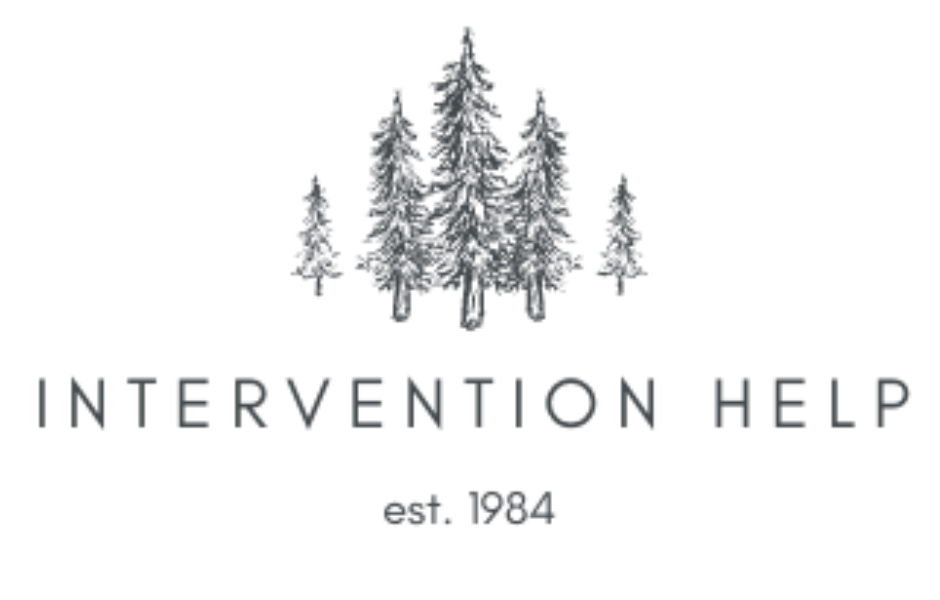When a Loved One Refuses Help: What to Do After a Failed Intervention
Facing a failed formal intervention can feel disheartening, especially when you’ve put your heart and soul into helping a loved one struggling with drug or alcohol addiction. It’s natural for family members and friends to feel defeated when their attempt to guide someone into addiction treatment doesn’t go as planned. But just because an intervention didn’t result in immediate change, it doesn’t mean all hope is lost. There are steps you can take after a failed intervention to continue offering support to a person struggling— and preserve your own peace of mind.
Understanding a Failed Intervention
When a loved one refuses help, it can feel like a failure—but interventions aren’t always immediately successful. It's important to remember that many people dealing with substance abuse or mental health issues might not be ready to face their struggles right away. A successful intervention doesn't necessarily happen the first time; sometimes, it takes multiple attempts before the person is willing to seek treatment.
A failed intervention isn’t the end of the road. While it’s easy to feel overwhelmed, understand that addiction is a complex issue, often intertwined with mental health concerns like depression, anxiety, or serious mental illness. When these layers of mental illness complicate the situation, it may take more time for the person to accept the need for help.
What to Do After a Failed Intervention
Take Care of Your Own Lives
As difficult as it may be, it's crucial for family members, friends, and other people involved to focus on their own lives after a failed intervention. Setting boundaries with the individual struggling with addiction is vital for maintaining your mental health. You can’t pour from an empty cup—your well-being needs to be prioritized so that you can continue offering support when it’s needed.
Keep the Lines of Communication Open
Even if your loved one refuses help, it’s important to keep communication open. Let them know that, while you’re disappointed by their refusal, you’ll continue to be there for them when they’re ready to seek treatment. Staying calm and compassionate can help build a bridge toward future conversations about addiction recovery.
Consider Professional Support for Yourself
The emotional toll of a failed intervention can be significant, and you don’t have to navigate it alone. Family therapy sessions can offer a supportive space to process feelings and learn healthy ways to cope. Therapists specializing in addiction treatment can provide guidance and tools to help families stay strong while waiting for their loved one to accept help.
Stay Engaged with Treatment Centers
While the immediate intervention may not have led to your loved one entering a treatment program, it’s important to stay engaged with treatment centers and addiction professionals. You can remain educated about various addiction treatment options, whether your loved one is struggling with drug addiction, alcohol abuse, or co-occurring mental health issues.
Be Ready for Another Intervention
Sometimes, it’s necessary to stage multiple interventions. After a failed intervention, work with a professional interventionist to learn from the experience and prepare for another attempt. Each intervention is a learning opportunity, and adjustments to the approach might make a future one more successful.
Finding Hope in the Process
It’s normal to feel hopeless after an intervention meeting that doesn’t lead to immediate change, but recovery is a journey, not a single event. Whether your loved one is facing substance abuse, drug addiction, or a serious mental illness, there’s always hope. At Intervention Help, our intervention team is there to guide you and your family through the process, ensuring you don’t have to walk the path alone.
Ultimately, our goal is to help your loved one or family member realize that their struggles with addiction and mental health don’t have to define them. Whether it’s through continued family and friends therapy sessions, ongoing communication, or reengaging with treatment centers, your support, and the support of an addiction professional, is a critical part of the journey—even if it takes more time than you expected.
Reach out to Intervention Help today to learn more about how we can help your loved one on the path to recovery.

